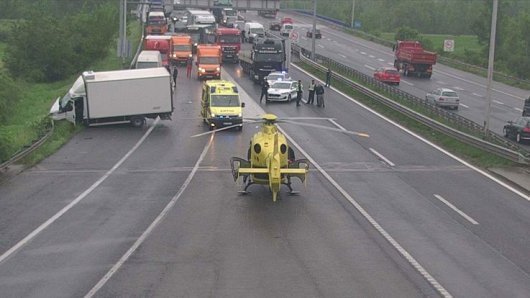Prime Minister Zoran Milanovic on Friday said in Brussels that Croatia was prepared to discuss with the European Commission whether it was possible to introduce a time frame from when the European Arrest Warrant should be implemented, which would show whether one or the other side was wrong.
"As far as the European Arrest Warrant and reactions by the European Commission are concerned, we must recall that as of Monday we will be a member of the European Union and that there will be plenty of misunderstandings with the European Commission, which other member states have too. The Commission is at our service and we cannot interpret everything in the same way. We believe that in this particular case we are right and it is not excluded that in the end we back down or that the Commission backs down", Milanovic said in Brussels where he is attending a European Union summit as an observer.
"As far as the time frame on extraditions is concerned, here, one rule applies to those who were in the EU in 2002, and another rule for others. That is an elementary injustice and that is formally written in treaties but that does not mean that there need not be any discussion on this matter. Even more so, by mere coincidence they who were members in 2002 have mitigating circumstances and others don't and that is not logical with the principle of the community", he said.
He reiterated that as far as the case of Josip Perkovic - a former Yugoslav intelligence agent wanted in Germany on charges of having masterminded the political killing of a Croat in 1983 - his extradition is not possible even if the law was to omit the time frame relating to EAW as a statute of limitations has come into force.
"Our motive is to exclusively protect those people who pursuant to universal jurisdiction may be prosecuted for actions in the Homeland War and because we are the only member of the EU who was in war 20 years ago, misunderstandings in that case could be possible too", said Milanovic.
He added that next week procedure would start to amend the constitution which would abolish the statute of limitations on politically motivated assassinations.
"We will see then if the HDZ (Croatian Democratic Union) will walk out of the Sabor. In that case we won't be able to amend the constitution and I will be sorry if the HDZ isn't with us. I assume we all have the same objective that crimes are punished and that we know who the perpetrators are and who helped them. I think it's shameful that Germany should be deciding this and that Croatia is perfidiously traumatised by this, instead of recommending that the process be handled in Croatia. This requires a great deal of political will, but it can be resolved", he said.




































